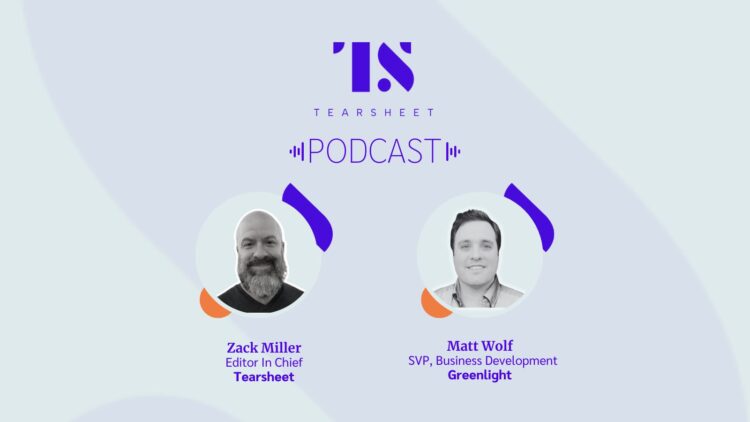‘Having a relationship with that next generation is good for banks’ immediate bottom lines’: Greenlight’s Matt Wolf
- Banks struggle with providing the type of financial education and familiarity younger customers say they want.
- Greenlight's Matt Wolf joined Tearsheet on stage at our Gen Z Symposium in NYC to discuss how FIs can better serve this younger demographic.

Understanding how a system works is the first step to leveraging it to your advantage. However in an environment where just seven states provide excellent education in personal finance, younger generations like Gen Z are starting out at a massive disadvantage.
But some fintechs like the family education and finance focused fintech Greenlight, have started to build products that aim to fill in this gap. The company’s financial literacy game Level Up offers children a chance to engage with personal finance topics in a fun, gamified environment.
In this conversation, Greenlight’s SVP, Business Development, Matt Wolf, joins Tearsheet editor and founder Zack Miller, on stage at our Gen Z Symposium held on March 7th, 2024 in New York City.
Wolf dives into the state of Gen Z’s financial literacy and their expectation that FIs should operationalize their position as a trusted source to better inform and educate the coming generation about personal finance. He also shares why this expectation is sometimes difficult for banks to meet fully and how partnerships can help ease some of the technical and business difficulties with building Gen Z-focused financial literacy products.
The big ideas
- The gap in financial literacy: “What’s interesting is when you poll them [Gen Z], three out of four believe that they don’t currently have the skill sets they need, and they’re not confident in their skill.”
- Banks want to reach Gen Z but their attention is divided: “If it comes to, hey, can we talk about financial health, or can we talk about additional lending products, sometimes you’re gonna lose out on that.”
- Building for Gen Z means building for the future: “There’s an understanding that engaging in acquiring and having a relationship with that next generation is good for their immediate bottom lines. But just looking at the future societal consequences and their communities when people are making bad investments, if they’re being very loose with how they use credit, it’s going to be critical.”
Listen to the full discussion
Subscribe: Apple Podcasts I SoundCloud I Spotify I Google Podcasts
The following excerpts were edited for clarity.



